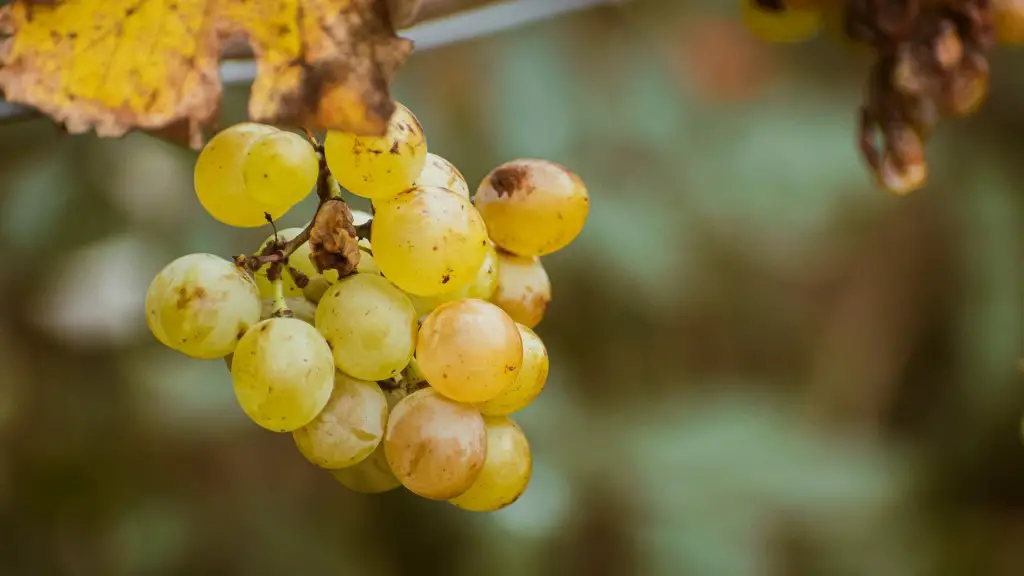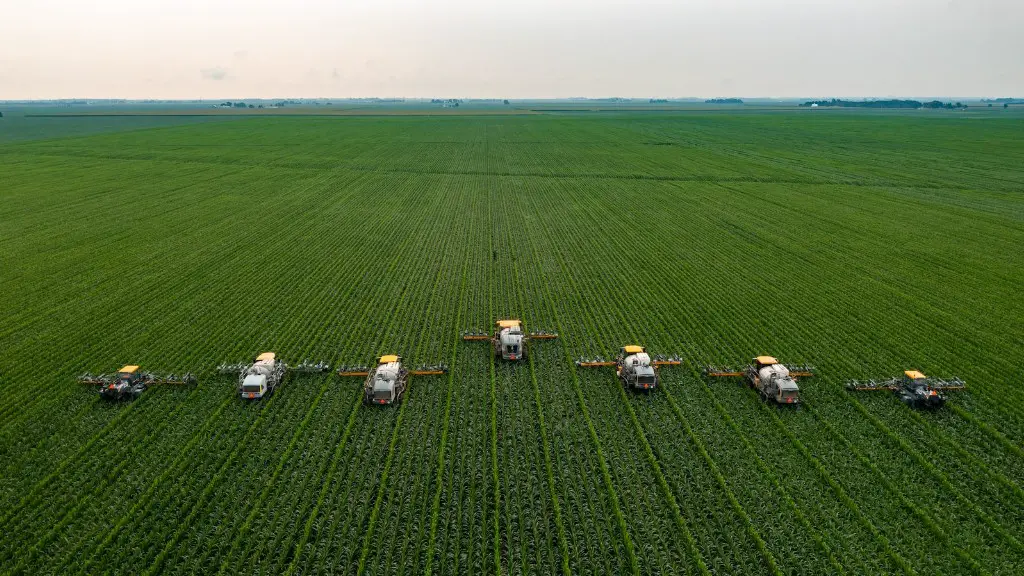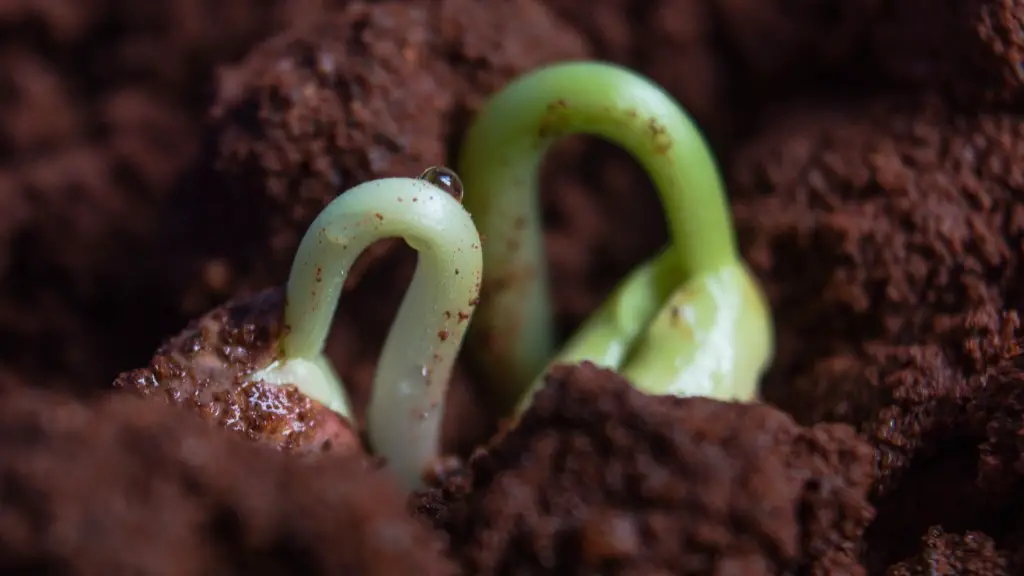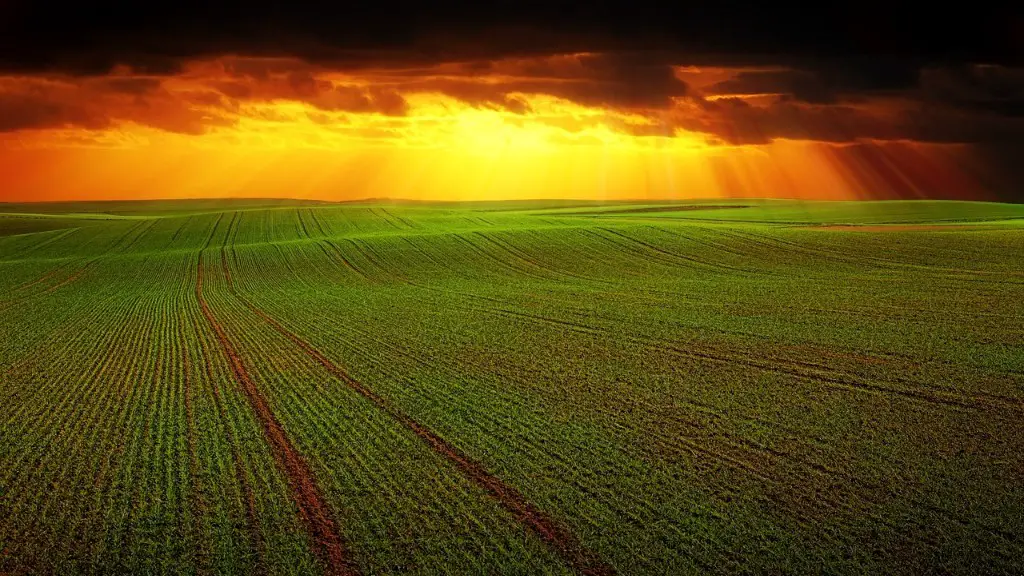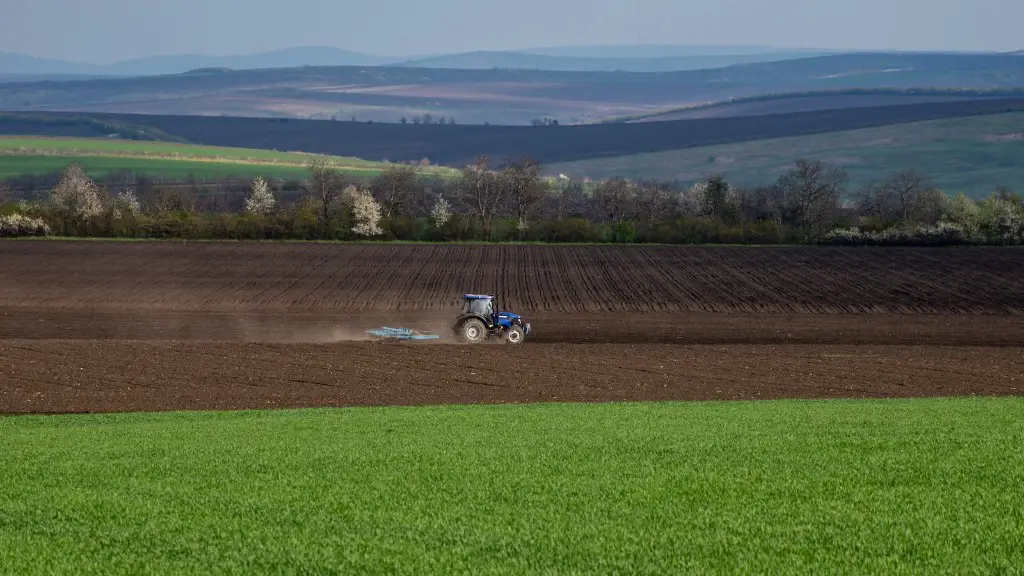irrigation is the process of watering crops using man-made structures and systems. without irrigation, agriculture would be severely limited by the amount of water that could be accessed by plants. irrigation affects agriculture by improving crop yields, reducing water stress, and promoting higher levels of production.
Irrigation has a profound effect on agriculture. It allows farmers to cultivate crops in areas where rainfall is insufficient. Without irrigation, these areas would be unsuitable for farming.
Irrigation also allows farmers to control the amount of water their crops receive. This is essential in areas where the climate is dry and unpredictable. By carefully regulating the amount of water their crops receive, farmers can avoid the problems of both drought and flood.
In addition, irrigation can help to improve the quality of the crops. By providing a consistent supply of water, it helps crops to grow strong and healthy. This can lead to higher yields and better quality crops.
What are the effects of irrigation?
Irrigation has direct effects on the provision of moisture to the atmosphere, inducing atmospheric instabilities and increasing downwind rainfall, or in other cases modifies the atmospheric circulation, delivering rain to different downwind areas.
When deciding whether or not to irrigate your crops, it is important to weigh the advantages and disadvantages of doing so. Irrigation can be helpful in areas of low rainfall, as it can improve the yield of your crop. However, the initial process of setting up irrigation can be costly. Additionally, if there is an overflow of water, it can lead to waterborne diseases. Finally, while irrigation can make it possible to grow cash crops, it can also lead to the loss of land and residence.
What are the benefits of agriculture irrigation
An irrigation system is a great way to save time, money, and water while adding value to your home. With an irrigation system, you can reduce weeds, fungus, and plant diseases while preserving valuable soil nutrients. Plus, an irrigation system can improve the aesthetics of your lawn and garden.
Irrigation is the process of watering crops using an artificial method. This is usually done in areas where rainfall is irregular or during dry periods or drought. There are many types of irrigation systems, in which water is supplied to the entire field uniformly.
What is a negative impact of irrigation?
Irrigation is the process of supplying water to crops, either by natural means or by using man-made systems. There are many benefits of irrigation, both for the environment and for the crops themselves.
One of the main benefits of irrigation is that it helps to conserve water. When water is applied directly to the roots of plants, less water is lost through evaporation and transpiration. This means that less water is needed to maintain the same level of growth, which can have a significant impact on water resources in areas where water is scarce.
Another benefit of irrigation is that it can help to control weeds and pests. By keeping the soil moist, it is more difficult for weeds to germinate and pests are less likely to thrive. This can reduce the need for herbicides and pesticides, which can be harmful to the environment.
Irrigation can also help to improve the quality of the soil. By providing a consistent supply of water, irrigation can help to leach out harmful salts and minerals that can build up in the soil over time. This can improve the fertility of the soil and the overall health of the plants growing in it.
Overall, irrigation can have many positive impacts on the environment. It can help to
An irrigation system is a great way to protect your yard, plants and trees from inefficient watering and drought. A well-designed system ensures that your grass and plants are getting the proper amount of water, which can help to keep them healthy and looking their best.
What are 3 disadvantages of irrigation?
excessive irrigation can lead to a number of problems:
– the water table can rise, leading to waterlogging
– excessive moisture can lead to reduced crop yields
– the area can become more susceptible to pests and diseases
– the ground can become compacted, making it difficult for crops to grow
– irrigation water can contain chemicals and pollutants that can contaminate the soil and water
The traditional irrigation systems have many drawbacks. One of the major drawbacks is the uneven distribution of water. Some crops get more water while some crops get less water. This can lead to waterlogging and thus reducing the efficiency of the system. Another issue is that it requires the use of cattle and human labour, which can be quite costly and time-consuming.
What are the environmental consequences of irrigation
The environmental impact of irrigation systems depends on the nature of the water source, the quality of the water, and how water is delivered to the irrigated land. Withdrawing ground-water may cause the land to subside, aquifers to become saline, or may accelerate other types of ground-water pollution. Improperly designed or managed irrigation systems can also lead to surface and groundwater contamination from salts, chemicals, and pathogens.
Irrigation is a process of applying controlled amounts of water to plants at needed intervals. Irrigation helps to grow crops, maintain landscapes, and revegetate disturbed soils in dry areas and during times of below-average rainfall. In addition to these uses, irrigation is also employed to protect crops from frost, suppress weed growth in grain fields, and prevent soil consolidation.
Why is irrigation important short answer?
As water is essential for the absorption of nutrient elements by the crop plants from the soil, irrigation is essential to ensure that the crops get the right amount of water. The irrigation water tends to dissolve the nutrients present in the soil of a crop field to form a solution. This solution of nutrients is then absorbed by the roots of crops for the development of the plants.
Irrigation is a crucial part of ensuring that your plants get the nutrients they need to thrive. By making sure that the roots have access to consistent levels of hydrogen, oxygen, and other nutrients, you can boost your yields and keep your plants healthy.
What are the main problems of irrigation
Pathogens can be carried and spread during irrigation, which can be a problem for farmers. Urban dwellers often use more water than farmers, which can lead to water shortages. Farmers need to be efficient and thrifty with water in order to avoid these problems.
There are both pros and cons to flood irrigation. One of the biggest pros is that it requires a low initial investment for equipment. However, it is also the least efficient form of irrigation, meaning that more water is lost to evaporation, infiltration, and runoff. Additionally, runoff water can be recycled to improve efficiency, but this requires a bit more work. Building and taking down levees is also labor intensive.
Why is over irrigation a problem?
Over-irrigation can have a number of negative impacts on your landscaping. In addition to affecting the pH balance, nitrogen levels, and oxygen levels of your soil, over-irrigation can also lead to increased weeds in your soil and many diseases that can shorten your plants’ lifespans and reduce tree health and vigor. If you are concerned about any of these potential problems, it is important to water your landscaping only as often as necessary and to test your soil regularly to ensure that it is sufficiently moist.
There are many factors that affect the choice of irrigation technologies for farmers. The terrain (slope), soil type, and the type of crops planted all play a role in determining the best technology to use. Farmers adopt an irrigation technology if a given irrigation technology needs little maintenance and provides the necessary water for crop growth and maximum yield efficiency.
Final Words
There are a few ways that irrigation can affect agriculture. One is that it can help to increase the yield of a crop by providing a consistent source of water to the plants. Another is that it can help to control the environment in which the plants are grown, by moderating the temperature and humidity. Additionally, irrigation can help to reduce the spread of diseases and pests by keeping the plants healthy and free of stress.
Irrigation is vital to agriculture as it is used to provide the necessary water resources to crops during periods of drought. Additionally, irrigation can also be used to improve the quality of crops by providing them with a consistent supply of water. However, improper irrigation practices can also have negative effects on agriculture, such as by causing waterlogging or salinization of soil.
